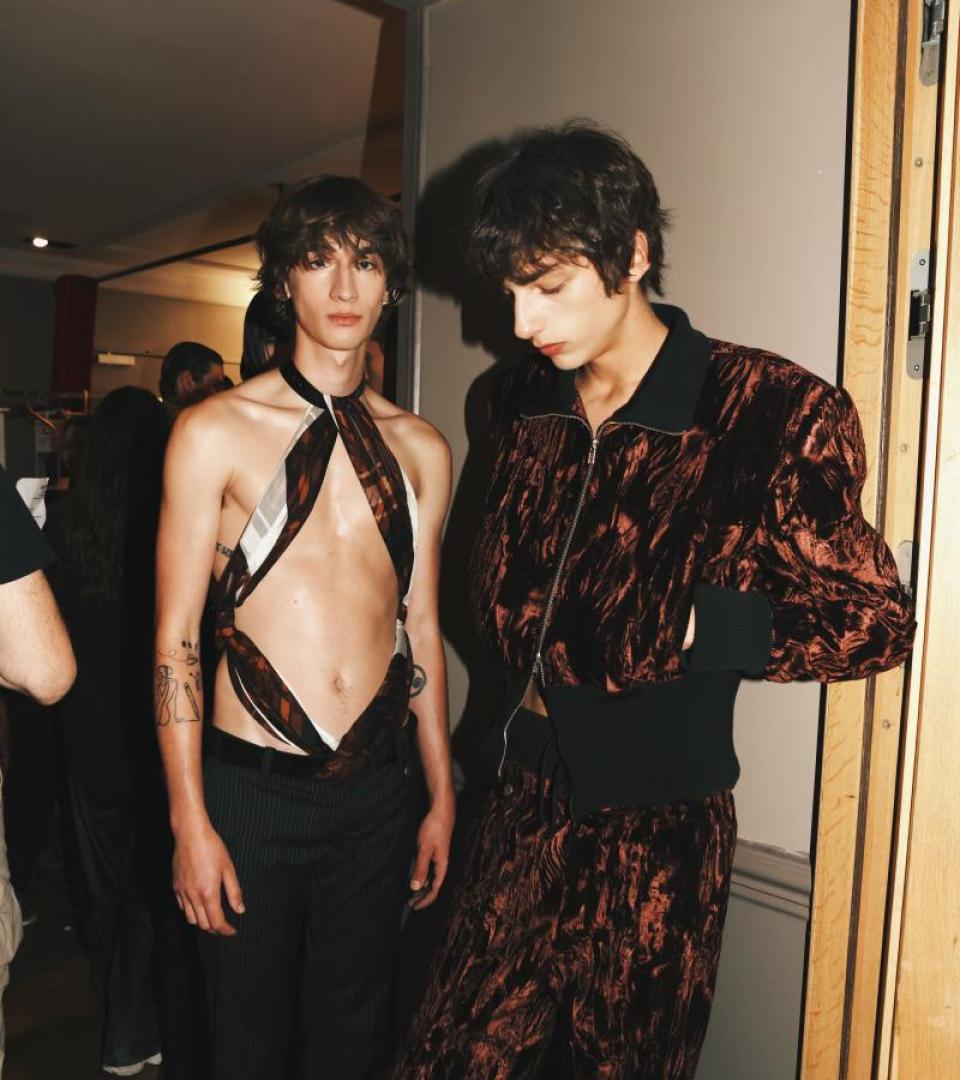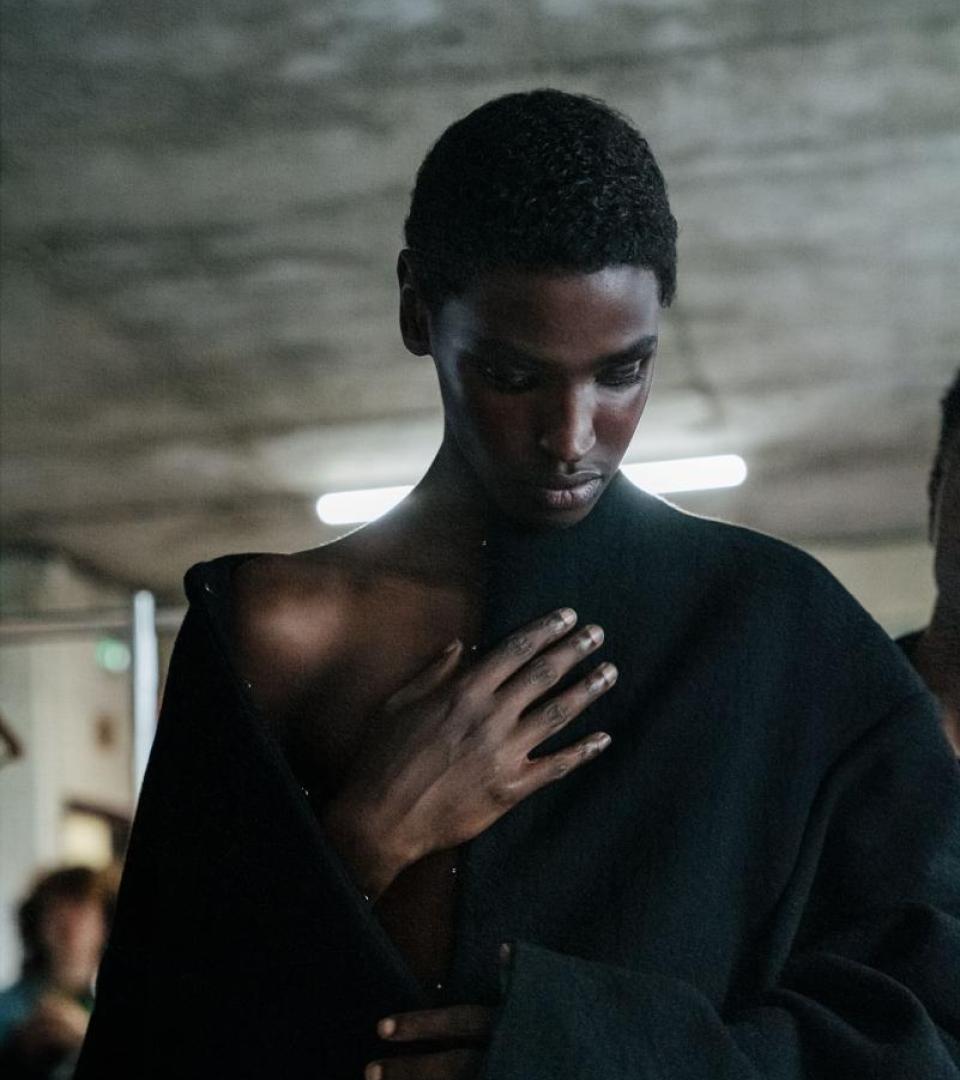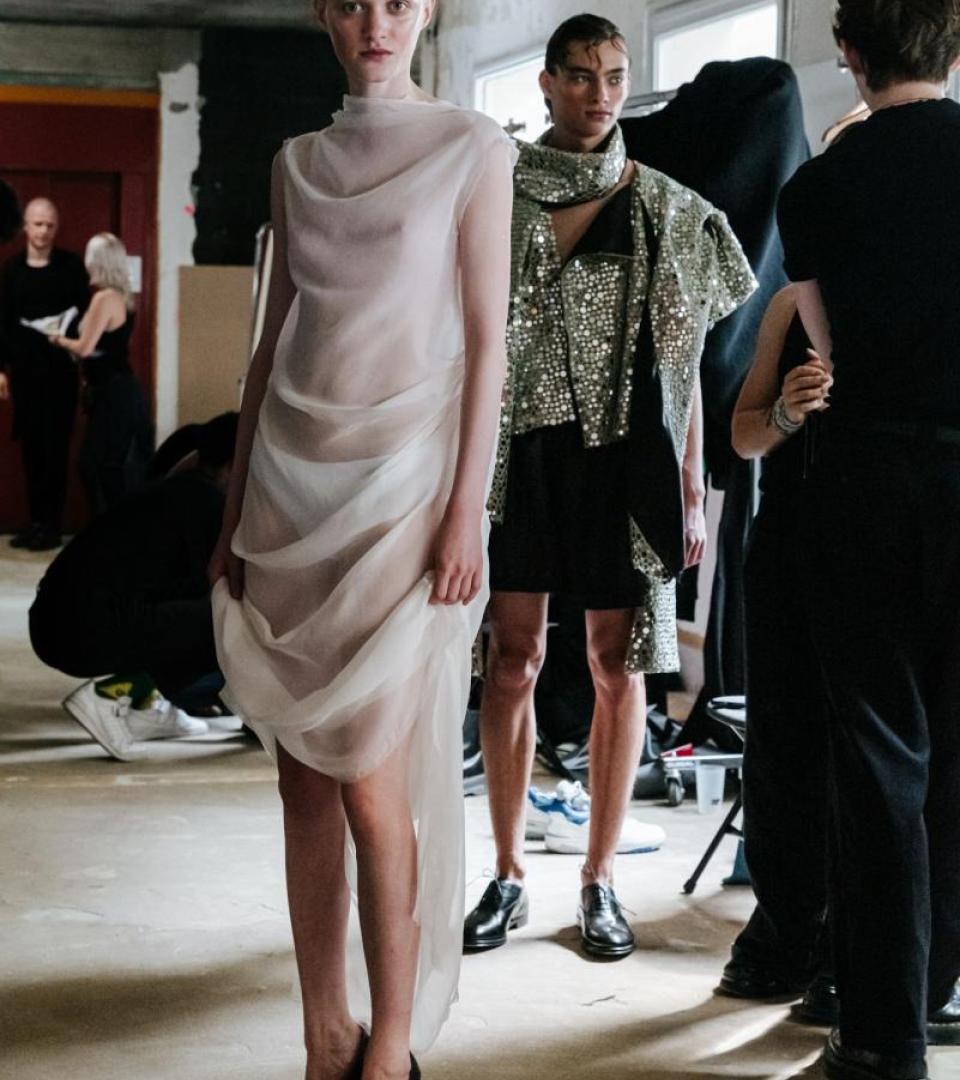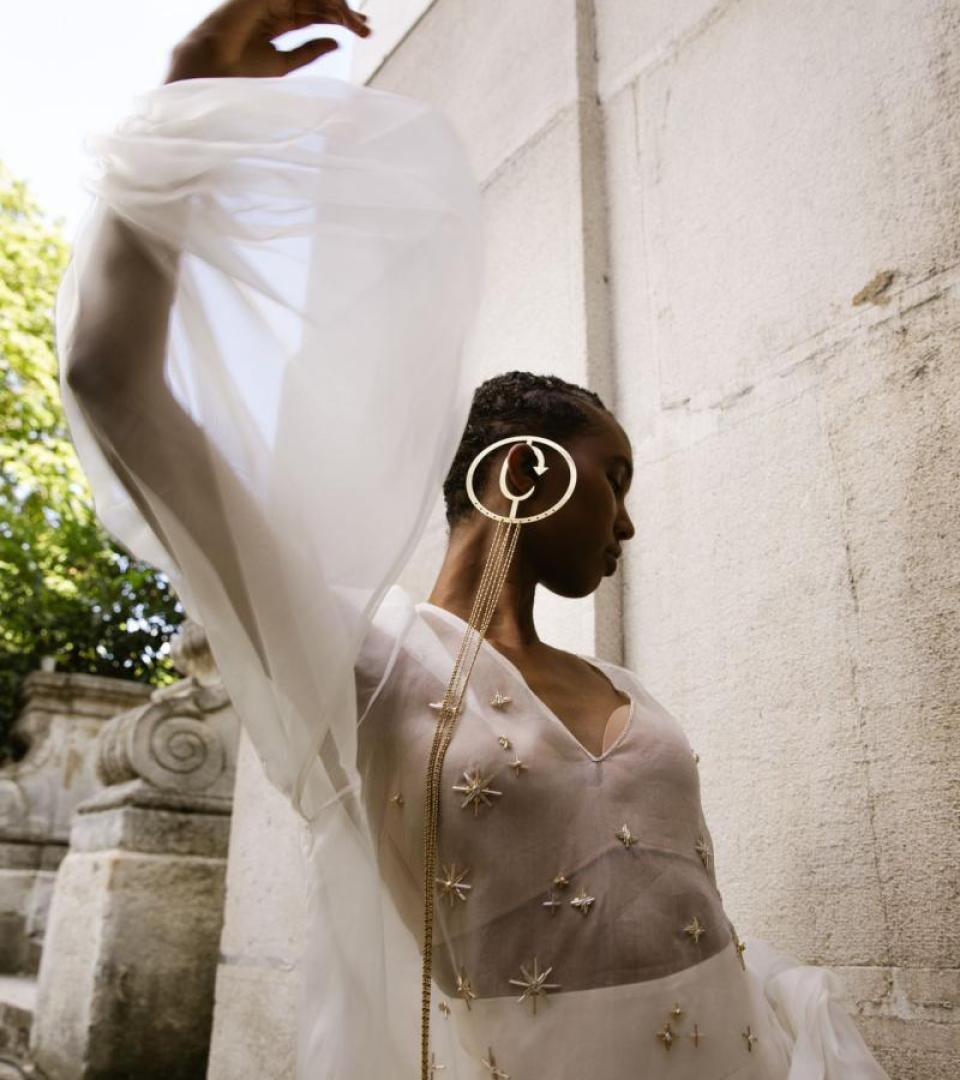How would you describe your interest in fashion?
My interest revolves around how fashion is one of the few industries we live our lives inside of. I am quite fascinated about the psychological implications of silhouette, colour, style and design language. Fashion is one of the biggest mirrors of the socio-economic state of the world and reflects it almost instantly. I also love seeing fashion as a high form of art – one that can be tangible and aspirational, as well as precious in its couture form. It is one of the things that prompted me to start Fashion Forensics – diving deeper into what makes the identity of the industry's biggest creatives, and what were their first visual touchpoints with the industry.
What do you enjoy most about Paris Fashion Week®?
There is a certain high level of respect that even the general public in Paris has towards the fashion industry. It engages with it, celebrates it, and is also curious about it. Also, Paris being the biggest fashion hub in the world, you really see a well-established space of designers on different levels, POVs, aesthetics and aims coming together to showcase their beliefs about design. I love being transported from a dark, underground show like Junya Watanabe straight into opulence like Dior in the span of one hour.
What is something that you believe will change over the course of the year?
I believe that the industry will be able to recover, and younger / independent designers will have air to breathe by receiving more financial and economic support. We are in a tough spot economically and socially across the world, and it is more important than ever to protect our communities. And the fashion community being a safe place for so many, needs to be nurtured by all of us.
Tell us something surprising about how you got to where you are today?
I have worked just about any job possible on the chain within fashion. From being a store assistant, to working across supply chain, styling, assisting, media planning, tech development – I truly believe that all of the love I have for fashion gave me the ability to see it inside and out, and become a Swiss Army Knife of sorts.
What surprises you about the industry in 2025?
The continuous lack of opportunities for young and new people to break through into the industry, as it continues to struggle with gatekeeping and false claims across all parts for young people stepping into it. It is extremely difficult, more than ever, to get your start in this industry in 2025 – no matter if you are a stylist, designer, editor or writer.
What impact might you hope to have on fashion this year?
To inspire people to share their stories. I really believe we want to connect with each other's stories more than ever; therefore why I want to keep growing Fashion Forensics into a platform that revolves around the psychology of identity within fashion. I believe that's the core nucleus of what fashion is about – the deeply personal life story we carry with us every day.
This interview has been lightly edited.



